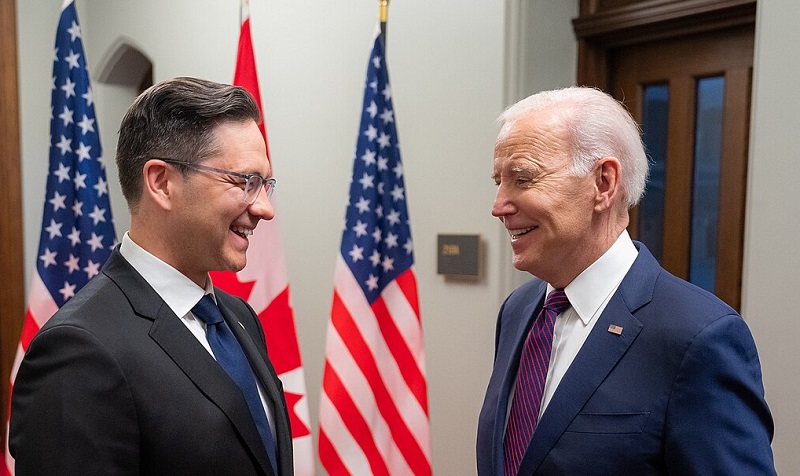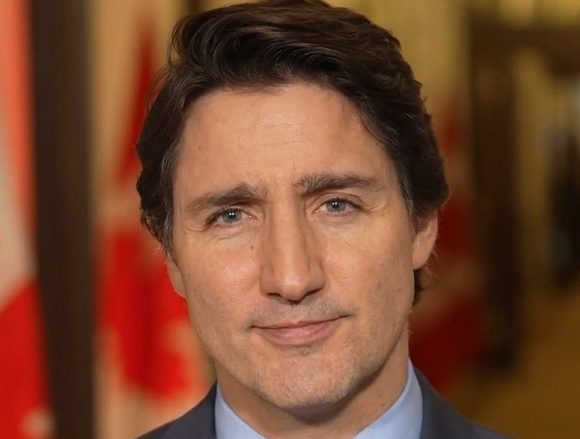
Canada’s Opposition Backs G7 Invite for Modi, Citing Trade Imperatives
Canada’s opposition leader Pierre Poilievre has come out strongly in support of Prime Minister Narendra Modi’s invitation to the upcoming G7 Summit, stressing that economic engagement with India is vital for Canada’s prosperity. With the summit scheduled for June 15–17 in Kananaskis, Alberta, Poilievre emphasized that India’s position as one of the fastest-growing economies in the world demands meaningful bilateral cooperation.
“India has been at the last six G7 conferences. It’s one of the biggest and fastest-growing economies in the world. We need to sell our natural gas, our civilian nuclear power technology, and other resource projects to India,” Poilievre stated, adding that trade and national security must be addressed simultaneously.
Strategic Realignment After Diplomatic Strains
The endorsement from the Conservative leader marks a broader strategic consensus across Canada’s political spectrum. It also signals a recalibration in foreign policy following the diplomatic fallout from the 2023 Nijjar incident, which had strained ties between New Delhi and Ottawa.
The invitation to Modi is seen as part of Prime Minister Mark Carney’s attempt to restore constructive ties with India. Carney, too, has highlighted India’s pivotal role in G7 discussions, particularly in areas such as energy security, critical minerals, and global supply chains.
India’s Centrality in G7 Dynamics
India, now the world’s fifth-largest economy, remains indispensable to any serious dialogue on global economic coordination. Both ruling and opposition voices in Canada acknowledge that ignoring India is no longer an option. The G7 bloc, already grappling with diminishing relevance, must include emerging powerhouses like India if it hopes to stay geopolitically credible.
Former Indian Foreign Secretary Kanwal Sibal has also warned that Canada cannot assume it holds unilateral veto power within the G7 framework. The broader grouping’s consensus favors India’s inclusion, and attempts to isolate New Delhi could backfire on Ottawa both diplomatically and economically.
Security Concerns Amid Diaspora Protests
However, the G7 summit is expected to witness protests from certain sections of the Sikh diaspora, particularly Khalistani-aligned groups. Poilievre acknowledged the sensitivity of the situation, affirming that the invitation should stand while calling for appropriate security measures to manage potential unrest.
Meanwhile, India is expected to raise the issue of extremist activity linked to diaspora networks during the upcoming law enforcement dialogue with Canada. The summit may become a forum not just for trade and strategy, but also for pressing bilateral security concerns.
Conclusion
Canada’s opposition has made it clear that inviting India to the G7 is not just diplomatically prudent, but economically essential. As global alignments shift, Canada’s future prosperity may depend as much on its trade with Asia as its alliances with the West. Engaging with India is not just a political choice — it’s a strategic necessity.


















